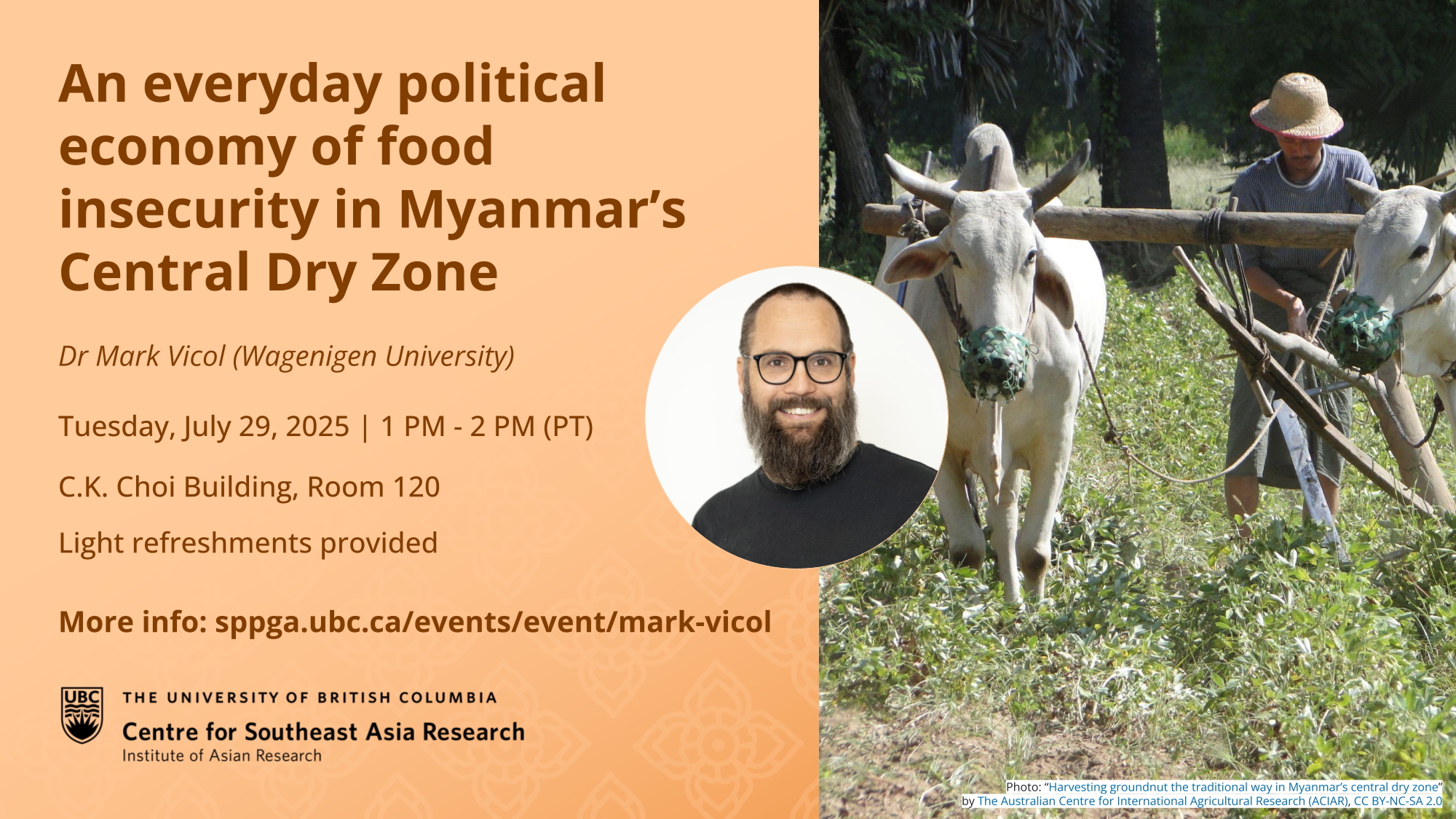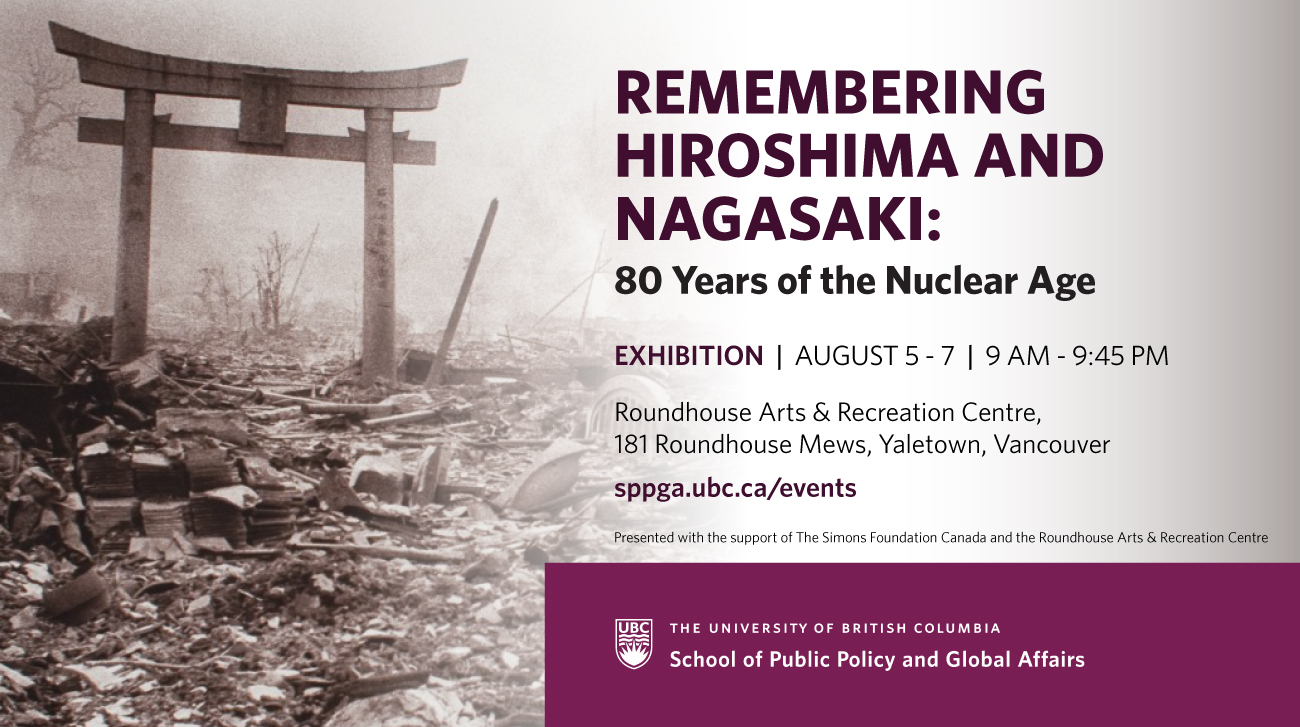WORKSHOP
9:30 AM – 5:30 PM EST
Permanent Mission of Canada to the UN
885 Second Avenue, 14th Floor
New York, NY 10017
RSVP by June 10 by emailing emily.kenney@unwomen.org
Follow along on Twitter using the hashtag #SurvivorsSpeak
Following the launch of I am Evelyn Amony, please join an interactive workshop inspired by Evelyn’s experiences, with panel discussion on gender, transitional justice and social repair; the needs of children born of wartime rape; and comparative historical and contemporary perspectives on violent extremism.
Speakers include: Abdoulaye Bathily (Under-Secretary-General, SRSG for Central Africa and Head of UNOCA), David Tolbert (President, ICTJ), Dyan Mazurana (Tufts University), Erin Baines (Liu Institute for Global Issues, University of British Columbia), Evelyn Amony (Women’s Advocacy Network, Uganda), Jacqueline Mutere (Grace Agenda, Kenya), Kelli Muddell (ICTJ), Ketty Anyeko (Fund for War-affected Children and Youth, Uganda), Lakshmi Puri (Assistant Secretary-General, UN Women), Leila Zerrougui (Under-Secretary General, SRSG on Children and Armed Conflict), Michael Grant (Deputy Permanent Representative, Canada), Nahla Valji (UN Women), Virginie Ladisch (ICTJ) and Zainab Bangura (Under-Secretary-General, SRSG on Sexual Violence in Conflict).
Erin Baines, an Associate Professor at the Liu Institute for Global Issues at UBC, has focused her research on transitional justice; the politics of humanitarianism and forced displacement; and, the study of gender and armed conflict, with a regional focus on northern Uganda.
Background: ‘I am Evelyn Amony’
The autobiography, I am Evelyn Amony: Reclaiming My Life from the Lord’s Resistance Army, will be launched in New York on 15 June 2016. The book documents the author’s daily life as the forced wife of Joseph Kony, leader of the armed group the Lord’s Resistance Army. Abducted as a young girl, Amony first trained as Kony’s personal escort before becoming his wife at 14, and bearing three of his children. Her book provides unprecedented insights into the organization of the armed group during the 11 years she was held captive, the relationships that defined it and her experience, and a reflection on what it meant to survive this experience.
Now chair of the Women’s Advocacy Network (WAN) – which has grown from 20 to 900 women in the last three years – Amony offers incredible insights based on her experience, and that of women of the network, on the forms of justice and reparation they seek, the challenges of reintegration for women and girls associated with fighting forces, and the sometimes lack of fit between international policies and programmatic interventions, and the daily lived experiences and needs of those affected by conflict. The book foregrounds the value and necessity of understanding individual lived experience for policy-makers and practitioners to effectively respond to the gendered dimensions of peace and security.
  |
Rationale for the Workshop
To ‘learn from lived experience’ is to recognize the agency of victims, acting within limited and debilitating positions, and to begin to work with this knowledge to design better policies and programmes to widen spaces for seeking peace, security and justice at level of the everyday.
The workshop will follow the New York launch of I am Evelyn Amony and use the book as a starting point for a discussion on learning from lived experiences, examining key themes reflected in the book to explore peace and security issues with a greater understanding of context-specific and gender-responsive impacts. The panel discussions will bring together survivors of conflict, including the author, with policy-makers, practitioners and donors, to humanize conflict and peace and security interventions, and explore how everyday life can shed new insights into policy or programme needs.
The workshop will focus on four topics discussed in I am Evelyn Amony, which are of global relevance and significance: (i) reintegration and social repair; (ii) transitional justice; (iii) children born of wartime sexual violence; and (iv) comparative historical and contemporary perspectives and lessons learned in countering violent extremism. Each panel discussion will feature a range of perspectives, including expert practitioners, policymakers and survivors—inspiring reflection, discussion and action.
Building a greater understanding of conflict and peacebuilding is of particular importance at present moment, given renewed global commitment to tackling protracted and recurring cycles of conflict by building sustainable and inclusive peace. In 2015, the United Nations completed three reviews of its work on peace and security—on peace operations, peacebuilding architecture, and the women, peace and security agenda. Each of these reviews found that, given the complexity of current global threats—from violent extremism, to forced displacement and climate change—the United Nations and its member states must re-evaluate current approaches and priorities.
The agreement on a goal of peaceful and inclusive societies in our new 2030 Agenda for Sustainable Development makes it clear that we cannot build peace on the basis of exclusion, inequality and marginalization. This is of particular relevance in the case of women. Evidence from the three UN reviews makes it clear that women’s meaningful participation and leadership in conflict prevention, resolution and recovery is directly correlated with a higher likelihood of sustainable peace. Greater understanding of the experiences as well as obstacles to participation and empowerment encountered by women such as Evelyn can contribute greatly to improving the policy and programming responses of the international community.
  |
  |

